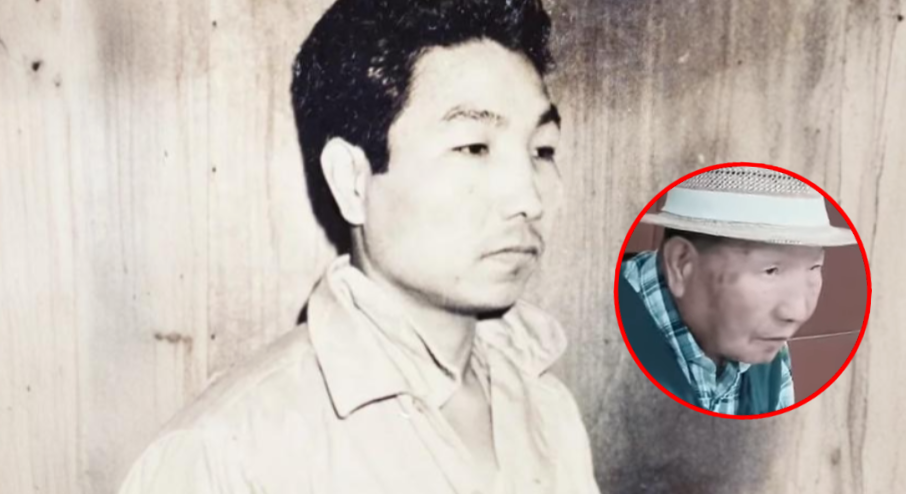Japan Awards $1.4 Million to World’s Longest-Serving Inmate

© Hakamata Defense Lawyers & CC BY 3.0
In a landmark decision, Japan has awarded 217 million yen (approximately $1.44 million) in compensation to Iwao Hakamada, an 89-year-old former boxer who holds the record as the world’s longest-serving death row inmate.
This payout, equating to about 12,500 yen ($83) for each day of his 46 years in detention, is the largest-ever criminal compensation granted in Japan.
Decades of Injustice
Hakamada was arrested in 1966 for the alleged murder of his employer and the employer’s family. He initially confessed to the crimes but later retracted his confession, claiming it was coerced through violent and prolonged interrogations. Despite these claims, he was convicted and sentenced to death in 1968. He spent over 45 years on death row, much of it in solitary confinement, with the constant threat of execution looming over him.
Retrial and Acquittal
After decades of appeals and a relentless campaign by his sister and supporters, the Shizuoka District Court granted Hakamada a retrial. In October 2024, the court acquitted him of all charges, citing that police and prosecutors had fabricated evidence and coerced his confession. The court’s decision highlighted the inhumane treatment Hakamada endured during his initial interrogations.

Impact on Mental Health
The prolonged period of incarceration and the psychological strain of awaiting execution have severely impacted Hakamada’s mental health. His lawyers have described him as “living in a world of fantasy,” underscoring the profound effect of his wrongful imprisonment.
A Symbol of Resilience
Despite everything he has endured, Hakamada remains a symbol of resilience and perseverance. His sister, Hideko Hakamada, who has been his strongest advocate throughout this legal battle, continues to fight for greater awareness of wrongful convictions in Japan.
She has expressed both relief and frustration. Relief that her brother is finally free, but frustration that it took nearly six decades for justice to prevail. Many supporters argue that Japan must do more than just offer compensation. They say it needs systemic reforms to prevent future cases like Hakamada’s.
Legal Reforms and Public Reaction
Hakamada’s case has intensified scrutiny of Japan’s justice system. This is particularly true for its handling of death row inmates and the use of capital punishment. Moreover, human rights activists and legal experts are calling for significant reforms. This includes the videotaping of interrogations to prevent forced confessions and the abolition of the death penalty.
Japan remains one of the few industrialized nations, alongside the United States, to retain capital punishment. This is a policy that continues to have broad public support.

While the compensation awarded to Hakamada acknowledges the grave miscarriage of justice he suffered, many believe that no monetary sum can truly compensate for the nearly five decades he lost. His case serves as a poignant reminder of the potential fallibility of the justice system and the irreversible consequences of wrongful convictions.
You might also want to read: It’s Confirmed! Japan’s Population Is 80 Years And Older


